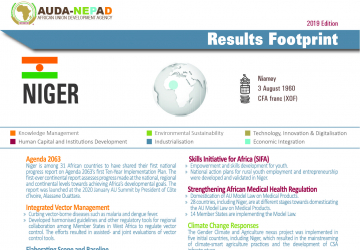 Niger
Niger
Official Name: Republic of Niger
Capital: Niamey
Independence Day: 3 August 1960
Currency: CFA franc (XOF)
Key Result
Niger is among the countries that endorsed the continent’s first Model Law on Medical Products Regulation in January 2016 to improve access to quality and safe drugs as well as fight the circulation of fake medical products on the continent.
Niger is among the African countries that are promoting Decent Rural Youth Employment and Entrepreneurship as a result of participation in the Inaugural Africa Rural Development Forum held in May, 2013 in Cotonou.
A total of 775,000 women have benefited from six projects implemented by the NEPAD Spanish Fund for the Empowerment for African Women in Niger.
Niger is working towards increasing its renewable energy generation capacity through involvement in the Solar – Desertec Sahara Solar Project which promotes the generation of electricity in North Africa, the Middle East and Europe using renewable sources, such as solar power plants and wind parks.
The Country is benefiting from the Trans Sahara Highway project through the construction of a 225-km-long missing link from Assamakka to Arlit, Niger at a cost of USD102 million.
The 4,500km optic fibre line from Algeria to Nigeria also includes Niger and resources have been provided by the African Development Bank (AfDB) for feasibility studies for the Niger and Chad segment.
Niger is also a beneficiary of the Dakar-Niamey Multimodal Corridor programme which is designed to modernise the most heavily travelled ARTIN corridor in West Africa and facilitate trade, OSBPs and PPPs.
85 Million hectares of land on the continent have been committed for restoration through the application of the restoration opportunities assessment methodology. To date, Niger has committed 3.2 million hectares.
Niger is increasing access to financial instruments such as insurance associated with credit, productive safety nets, access to markets, storage facilities and improved producer remuneration through market reform and strengthening of cooperatives and producers’ associations.
Niger also received USD33 million from the Global Agriculture and Food Security Programme (GAFSP) to contribute to poverty alleviation by boosting rural production and enhancing food security in vulnerable areas.
Related
Projects
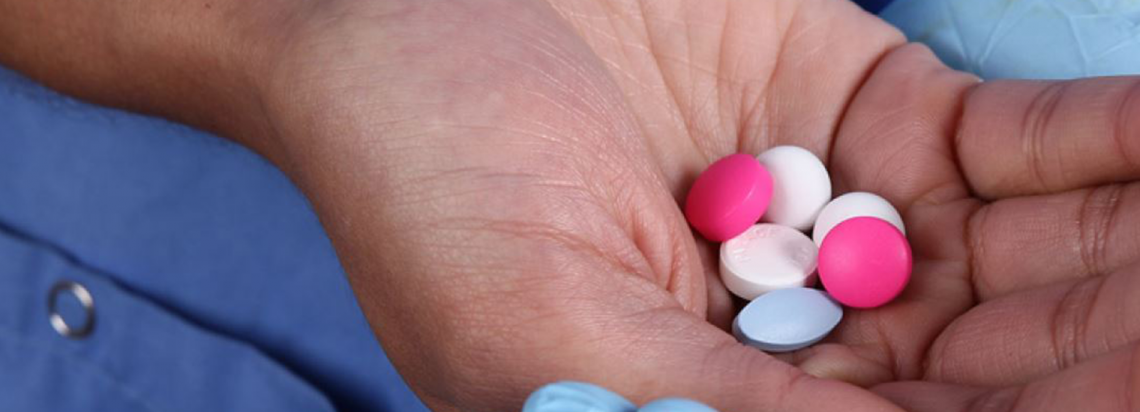
A critical AU Model Law aimed at harmonizing medical products regulatory systems in Africa was endorsed by African Heads of State and Government at the January 2016 AU Summit in Addis Ababa, Ethiopia. The AU Model Law will contribute towards accelerate the regulation of safe, quality and affordable medical products and technologies in Niger.
The West Africa Medicines Regulatory Harmonization (MRH) programme was launched in 2015 in Accra, Ghana. Niger participated in the establishment of the joint MRH Project Steering Committee and formation of 7 Technical Working Groups (TWG’s). The TWG’s are tasked with developing technical guidelines of the MRH programme. In addition, a joint framework of collaboration between WAHO and WAEMU has been agreed upon.
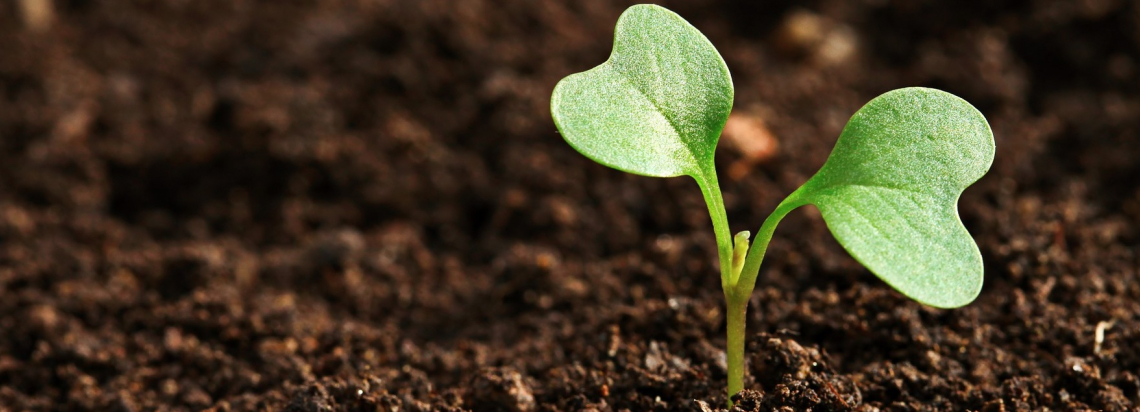
A critical AU Model Law aimed at harmonizing medical products regulatory systems in Africa was endorsed by African Heads of State and Government at the January 2016 AU Summit in Addis Ababa, Ethiopia. The AU Model Law will contribute towards accelerate the regulation of safe, quality and affordable medical products and technologies in Niger.
The West Africa Medicines Regulatory Harmonization (MRH) programme was launched in 2015 in Accra, Ghana. Niger participated in the establishment of the joint MRH Project Steering Committee and formation of 7 Technical Working Groups (TWG’s). The TWG’s are tasked with developing technical guidelines of the MRH programme. In addition, a joint framework of collaboration between WAHO and WAEMU has been agreed upon.

A critical AU Model Law aimed at harmonizing medical products regulatory systems in Africa was endorsed by African Heads of State and Government at the January 2016 AU Summit in Addis Ababa, Ethiopia. The AU Model Law will contribute towards accelerate the regulation of safe, quality and affordable medical products and technologies in Niger.
The West Africa Medicines Regulatory Harmonization (MRH) programme was launched in 2015 in Accra, Ghana. Niger participated in the establishment of the joint MRH Project Steering Committee and formation of 7 Technical Working Groups (TWG’s). The TWG’s are tasked with developing technical guidelines of the MRH programme. In addition, a joint framework of collaboration between WAHO and WAEMU has been agreed upon.

A critical AU Model Law aimed at harmonizing medical products regulatory systems in Africa was endorsed by African Heads of State and Government at the January 2016 AU Summit in Addis Ababa, Ethiopia. The AU Model Law will contribute towards accelerate the regulation of safe, quality and affordable medical products and technologies in Niger.
The West Africa Medicines Regulatory Harmonization (MRH) programme was launched in 2015 in Accra, Ghana. Niger participated in the establishment of the joint MRH Project Steering Committee and formation of 7 Technical Working Groups (TWG’s). The TWG’s are tasked with developing technical guidelines of the MRH programme. In addition, a joint framework of collaboration between WAHO and WAEMU has been agreed upon.
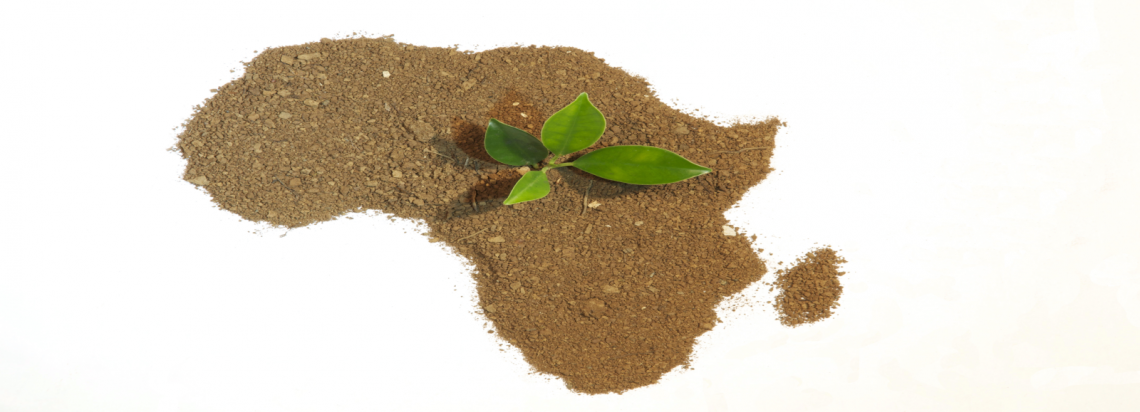
A critical AU Model Law aimed at harmonizing medical products regulatory systems in Africa was endorsed by African Heads of State and Government at the January 2016 AU Summit in Addis Ababa, Ethiopia. The AU Model Law will contribute towards accelerate the regulation of safe, quality and affordable medical products and technologies in Niger.
The West Africa Medicines Regulatory Harmonization (MRH) programme was launched in 2015 in Accra, Ghana. Niger participated in the establishment of the joint MRH Project Steering Committee and formation of 7 Technical Working Groups (TWG’s). The TWG’s are tasked with developing technical guidelines of the MRH programme. In addition, a joint framework of collaboration between WAHO and WAEMU has been agreed upon.

A critical AU Model Law aimed at harmonizing medical products regulatory systems in Africa was endorsed by African Heads of State and Government at the January 2016 AU Summit in Addis Ababa, Ethiopia. The AU Model Law will contribute towards accelerate the regulation of safe, quality and affordable medical products and technologies in Niger.
The West Africa Medicines Regulatory Harmonization (MRH) programme was launched in 2015 in Accra, Ghana. Niger participated in the establishment of the joint MRH Project Steering Committee and formation of 7 Technical Working Groups (TWG’s). The TWG’s are tasked with developing technical guidelines of the MRH programme. In addition, a joint framework of collaboration between WAHO and WAEMU has been agreed upon.
A critical AU Model Law aimed at harmonizing medical products regulatory systems in Africa was endorsed by African Heads of State and Government at the January 2016 AU Summit in Addis Ababa, Ethiopia. The AU Model Law will contribute towards accelerate the regulation of safe, quality and affordable medical products and technologies in Niger.
The West Africa Medicines Regulatory Harmonization (MRH) programme was launched in 2015 in Accra, Ghana. Niger participated in the establishment of the joint MRH Project Steering Committee and formation of 7 Technical Working Groups (TWG’s). The TWG’s are tasked with developing technical guidelines of the MRH programme. In addition, a joint framework of collaboration between WAHO and WAEMU has been agreed upon.
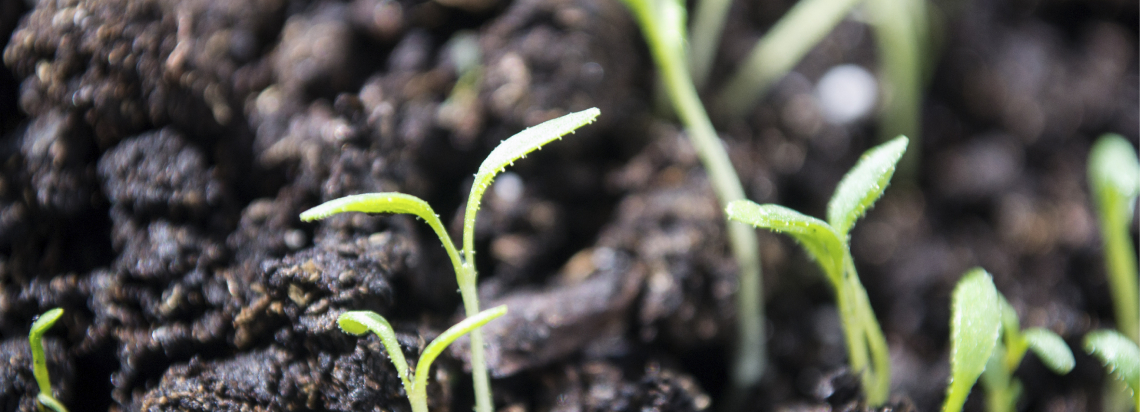
A critical AU Model Law aimed at harmonizing medical products regulatory systems in Africa was endorsed by African Heads of State and Government at the January 2016 AU Summit in Addis Ababa, Ethiopia. The AU Model Law will contribute towards accelerate the regulation of safe, quality and affordable medical products and technologies in Niger.
The West Africa Medicines Regulatory Harmonization (MRH) programme was launched in 2015 in Accra, Ghana. Niger participated in the establishment of the joint MRH Project Steering Committee and formation of 7 Technical Working Groups (TWG’s). The TWG’s are tasked with developing technical guidelines of the MRH programme. In addition, a joint framework of collaboration between WAHO and WAEMU has been agreed upon.
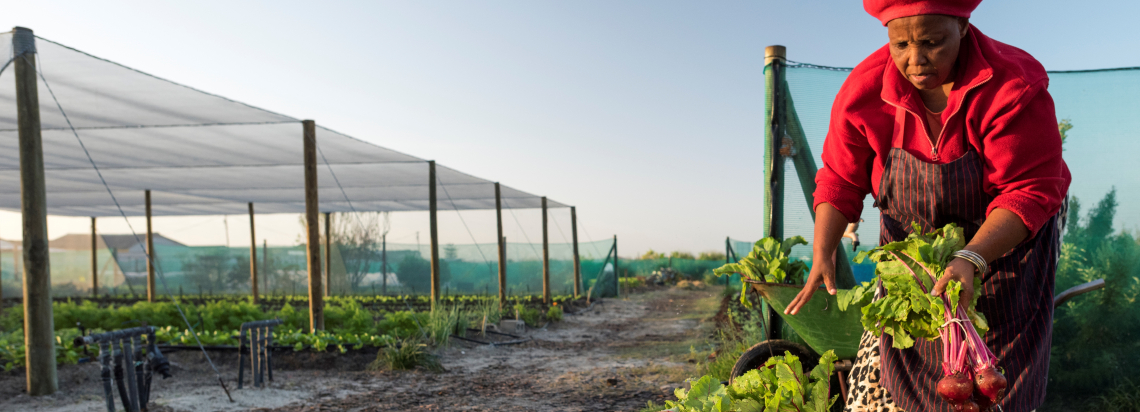
A critical AU Model Law aimed at harmonizing medical products regulatory systems in Africa was endorsed by African Heads of State and Government at the January 2016 AU Summit in Addis Ababa, Ethiopia. The AU Model Law will contribute towards accelerate the regulation of safe, quality and affordable medical products and technologies in Niger.
The West Africa Medicines Regulatory Harmonization (MRH) programme was launched in 2015 in Accra, Ghana. Niger participated in the establishment of the joint MRH Project Steering Committee and formation of 7 Technical Working Groups (TWG’s). The TWG’s are tasked with developing technical guidelines of the MRH programme. In addition, a joint framework of collaboration between WAHO and WAEMU has been agreed upon.
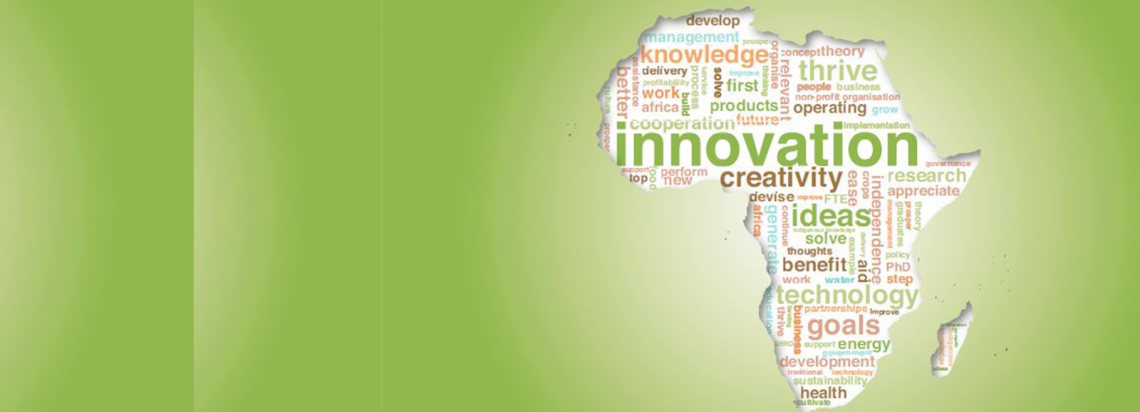
A critical AU Model Law aimed at harmonizing medical products regulatory systems in Africa was endorsed by African Heads of State and Government at the January 2016 AU Summit in Addis Ababa, Ethiopia. The AU Model Law will contribute towards accelerate the regulation of safe, quality and affordable medical products and technologies in Niger.
The West Africa Medicines Regulatory Harmonization (MRH) programme was launched in 2015 in Accra, Ghana. Niger participated in the establishment of the joint MRH Project Steering Committee and formation of 7 Technical Working Groups (TWG’s). The TWG’s are tasked with developing technical guidelines of the MRH programme. In addition, a joint framework of collaboration between WAHO and WAEMU has been agreed upon.

A critical AU Model Law aimed at harmonizing medical products regulatory systems in Africa was endorsed by African Heads of State and Government at the January 2016 AU Summit in Addis Ababa, Ethiopia. The AU Model Law will contribute towards accelerate the regulation of safe, quality and affordable medical products and technologies in Niger.
The West Africa Medicines Regulatory Harmonization (MRH) programme was launched in 2015 in Accra, Ghana. Niger participated in the establishment of the joint MRH Project Steering Committee and formation of 7 Technical Working Groups (TWG’s). The TWG’s are tasked with developing technical guidelines of the MRH programme. In addition, a joint framework of collaboration between WAHO and WAEMU has been agreed upon.
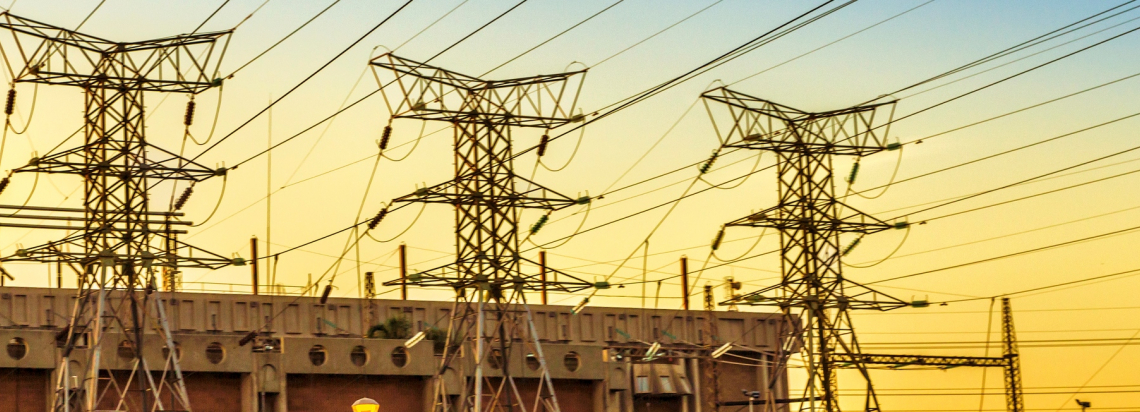
A critical AU Model Law aimed at harmonizing medical products regulatory systems in Africa was endorsed by African Heads of State and Government at the January 2016 AU Summit in Addis Ababa, Ethiopia. The AU Model Law will contribute towards accelerate the regulation of safe, quality and affordable medical products and technologies in Niger.
The West Africa Medicines Regulatory Harmonization (MRH) programme was launched in 2015 in Accra, Ghana. Niger participated in the establishment of the joint MRH Project Steering Committee and formation of 7 Technical Working Groups (TWG’s). The TWG’s are tasked with developing technical guidelines of the MRH programme. In addition, a joint framework of collaboration between WAHO and WAEMU has been agreed upon.
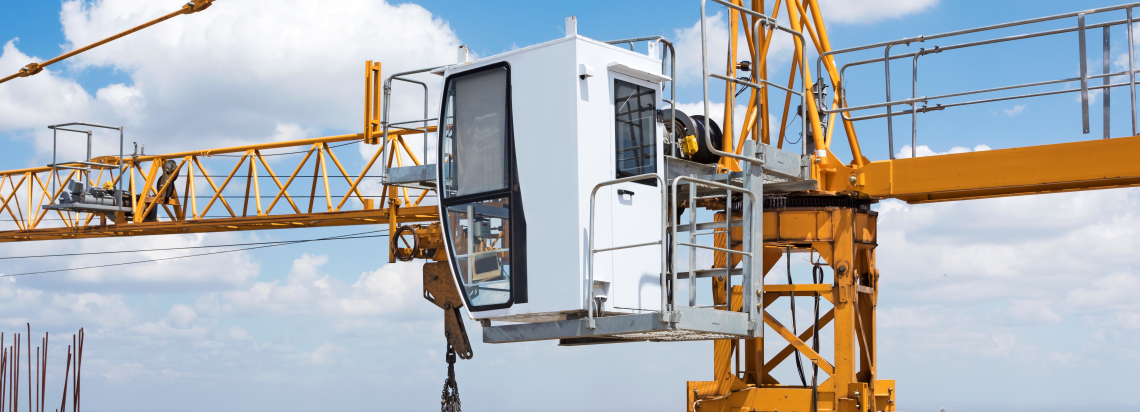
A critical AU Model Law aimed at harmonizing medical products regulatory systems in Africa was endorsed by African Heads of State and Government at the January 2016 AU Summit in Addis Ababa, Ethiopia. The AU Model Law will contribute towards accelerate the regulation of safe, quality and affordable medical products and technologies in Niger.
The West Africa Medicines Regulatory Harmonization (MRH) programme was launched in 2015 in Accra, Ghana. Niger participated in the establishment of the joint MRH Project Steering Committee and formation of 7 Technical Working Groups (TWG’s). The TWG’s are tasked with developing technical guidelines of the MRH programme. In addition, a joint framework of collaboration between WAHO and WAEMU has been agreed upon.

A critical AU Model Law aimed at harmonizing medical products regulatory systems in Africa was endorsed by African Heads of State and Government at the January 2016 AU Summit in Addis Ababa, Ethiopia. The AU Model Law will contribute towards accelerate the regulation of safe, quality and affordable medical products and technologies in Niger.
The West Africa Medicines Regulatory Harmonization (MRH) programme was launched in 2015 in Accra, Ghana. Niger participated in the establishment of the joint MRH Project Steering Committee and formation of 7 Technical Working Groups (TWG’s). The TWG’s are tasked with developing technical guidelines of the MRH programme. In addition, a joint framework of collaboration between WAHO and WAEMU has been agreed upon.
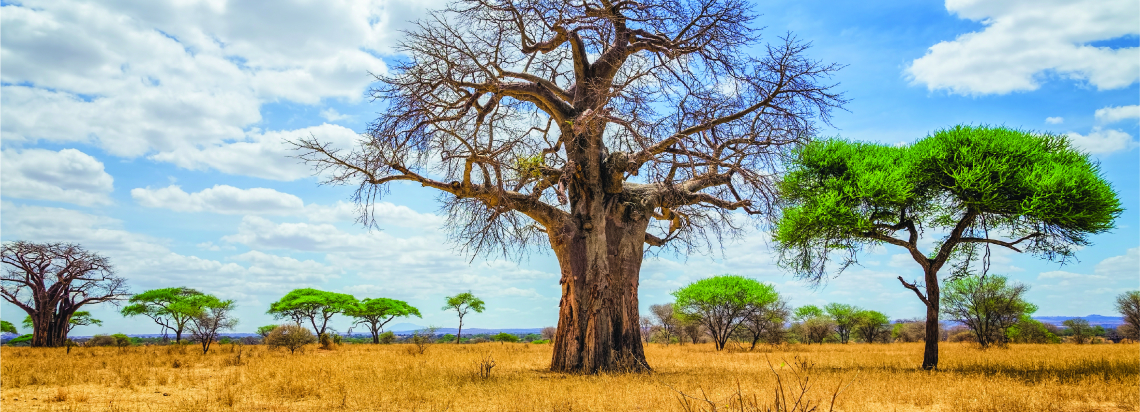
A critical AU Model Law aimed at harmonizing medical products regulatory systems in Africa was endorsed by African Heads of State and Government at the January 2016 AU Summit in Addis Ababa, Ethiopia. The AU Model Law will contribute towards accelerate the regulation of safe, quality and affordable medical products and technologies in Niger.
The West Africa Medicines Regulatory Harmonization (MRH) programme was launched in 2015 in Accra, Ghana. Niger participated in the establishment of the joint MRH Project Steering Committee and formation of 7 Technical Working Groups (TWG’s). The TWG’s are tasked with developing technical guidelines of the MRH programme. In addition, a joint framework of collaboration between WAHO and WAEMU has been agreed upon.

A critical AU Model Law aimed at harmonizing medical products regulatory systems in Africa was endorsed by African Heads of State and Government at the January 2016 AU Summit in Addis Ababa, Ethiopia. The AU Model Law will contribute towards accelerate the regulation of safe, quality and affordable medical products and technologies in Niger.
The West Africa Medicines Regulatory Harmonization (MRH) programme was launched in 2015 in Accra, Ghana. Niger participated in the establishment of the joint MRH Project Steering Committee and formation of 7 Technical Working Groups (TWG’s). The TWG’s are tasked with developing technical guidelines of the MRH programme. In addition, a joint framework of collaboration between WAHO and WAEMU has been agreed upon.
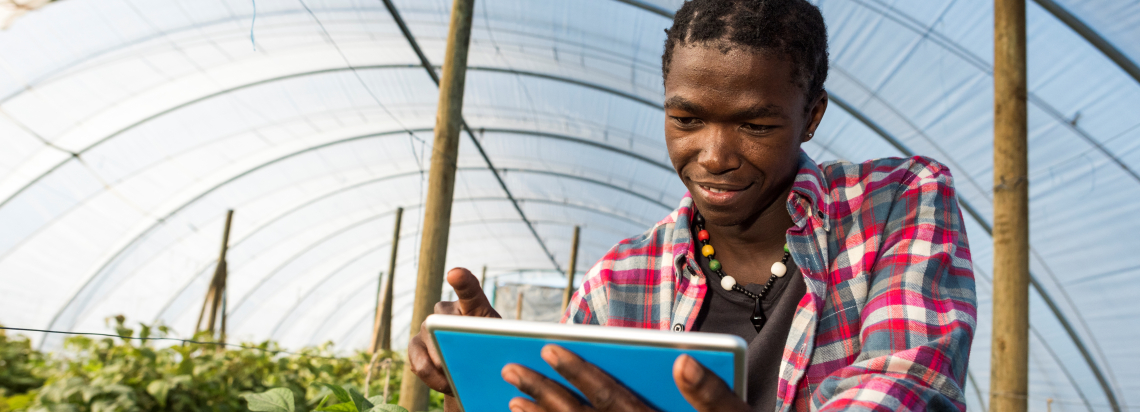
A critical AU Model Law aimed at harmonizing medical products regulatory systems in Africa was endorsed by African Heads of State and Government at the January 2016 AU Summit in Addis Ababa, Ethiopia. The AU Model Law will contribute towards accelerate the regulation of safe, quality and affordable medical products and technologies in Niger.
The West Africa Medicines Regulatory Harmonization (MRH) programme was launched in 2015 in Accra, Ghana. Niger participated in the establishment of the joint MRH Project Steering Committee and formation of 7 Technical Working Groups (TWG’s). The TWG’s are tasked with developing technical guidelines of the MRH programme. In addition, a joint framework of collaboration between WAHO and WAEMU has been agreed upon.
you agree to the AUDA-NEPAD Privacy Policy.




